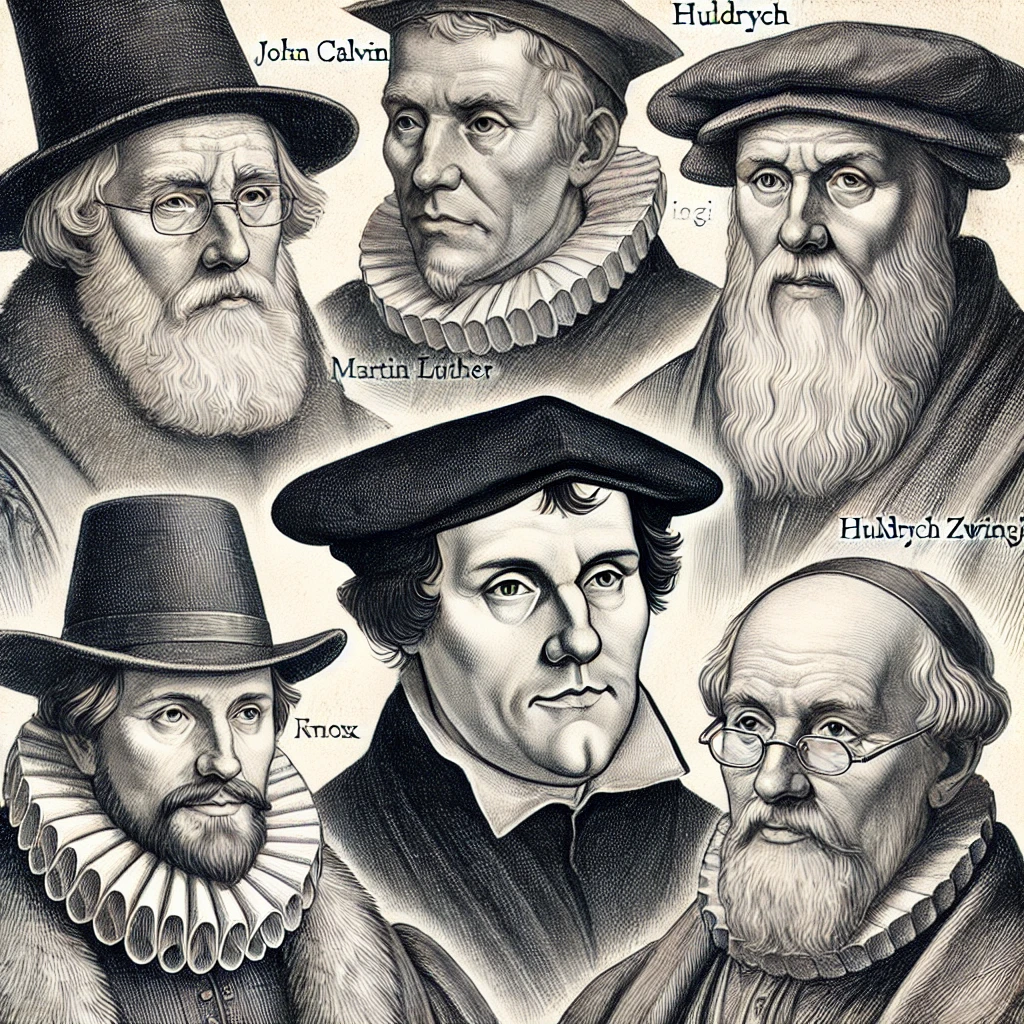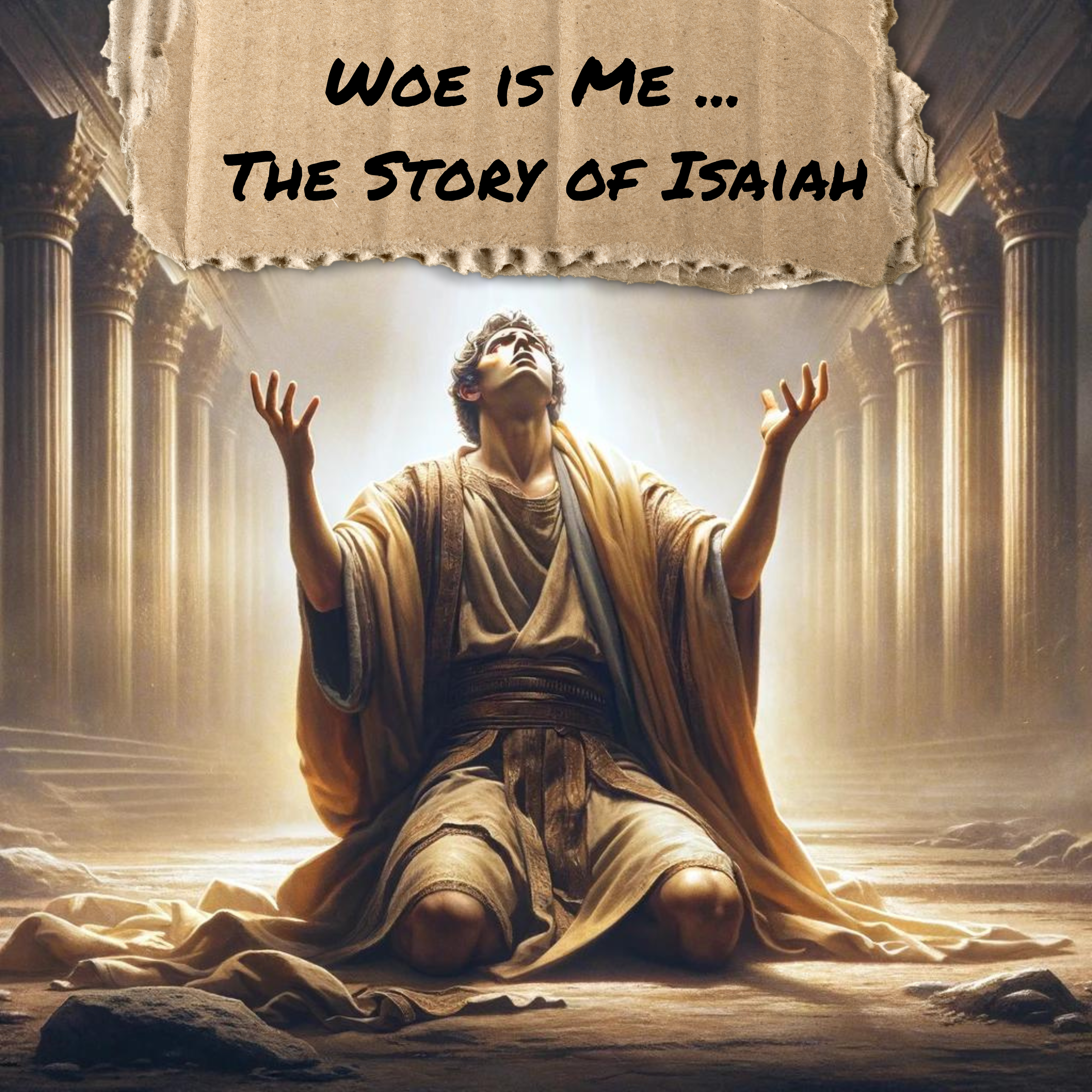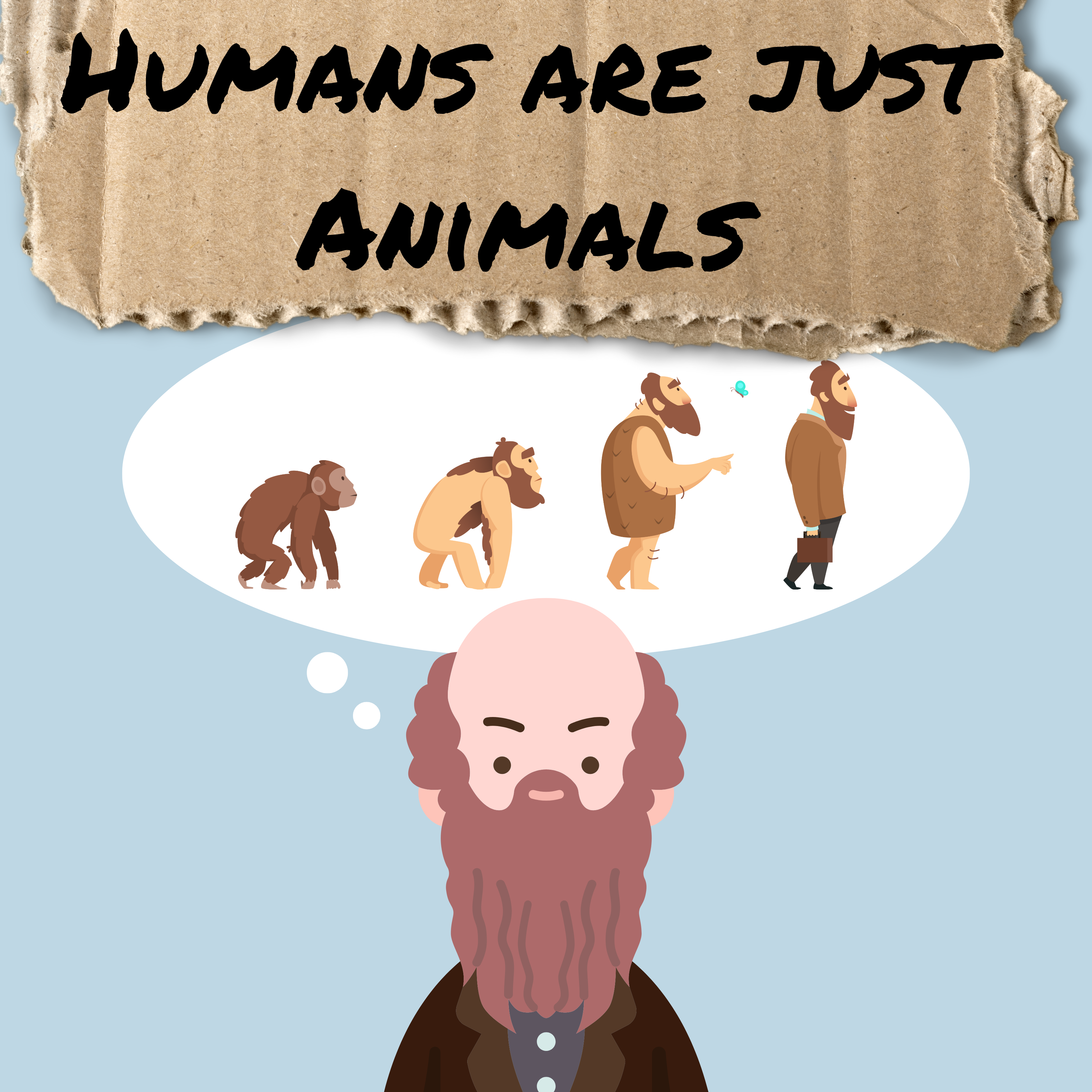
Introduction
Calvinism, named after the influential Reformer John Calvin, is a major branch of Protestant theology that has significantly shaped Christian thought and practice since the 16th century. This theological framework, deeply rooted in the principles of the Reformation, emphasizes God’s sovereignty, the authority of Scripture, and the doctrine of predestination. This article provides a comprehensive overview of Calvinism, breaking down its key points and exploring its historical development, theological foundations, and lasting impact on the Christian faith.
Historical Context
Calvinism emerged during the Protestant Reformation, a period of religious upheaval in the 16th century. John Calvin, a French theologian and pastor, became a leading figure in this movement. His seminal work, “Institutes of the Christian Religion,” laid the groundwork for what would become Reformed theology. Calvin’s ideas were not developed in isolation; they were influenced by earlier Reformers such as Martin Luther and Huldrych Zwingli. However, Calvin’s systematic approach and emphasis on certain doctrines set his teachings apart.
The Five Points of Calvinism
The core of Calvinist theology is often summarized in the acronym TULIP, which stands for Total Depravity, Unconditional Election, Limited Atonement, Irresistible Grace, and Perseverance of the Saints. These five points were formulated in response to the Arminian controversy of the early 17th century, which challenged Calvinist orthodoxy.
Total Depravity
- Concept: Human nature is thoroughly corrupted by sin.
- Explanation: According to Calvinism, every aspect of human existence is tainted by sin, making it impossible for individuals to come to God on their own. This doctrine emphasizes the extent of humanity’s fall and the need for divine intervention.
- Biblical Support:
- Romans 3:10-12: “As it is written: ‘None is righteous, no, not one; no one understands; no one seeks for God. All have turned aside; together they have become worthless; no one does good, not even one.'”
- Ephesians 2:1-3: “And you were dead in the trespasses and sins in which you once walked, following the course of this world, following the prince of the power of the air, the spirit that is now at work in the sons of disobedience—among whom we all once lived in the passions of our flesh, carrying out the desires of the body and the mind, and were by nature children of wrath, like the rest of mankind.”
Unconditional Election
- Concept: God chooses certain individuals for salvation based on His sovereign will.
- Explanation: Calvinists believe that God’s choice of who will be saved is not based on any foreseen merit or action on the part of the individual. Instead, it is solely an act of God’s grace and mercy.
- Biblical Support:
- Ephesians 1:4-5: “Even as he chose us in him before the foundation of the world, that we should be holy and blameless before him. In love he predestined us for adoption to himself as sons through Jesus Christ, according to the purpose of his will.”
- Romans 9:15-16: “For he says to Moses, ‘I will have mercy on whom I have mercy, and I will have compassion on whom I have compassion.’ So then it depends not on human will or exertion, but on God, who has mercy.”
Limited Atonement
- Concept: Christ’s atoning sacrifice was intended for the elect only.
- Explanation: This doctrine asserts that Jesus died specifically for those whom God has chosen to save. While His sacrifice is sufficient for all, it is efficacious only for the elect.
- Biblical Support:
- John 10:14-15: “I am the good shepherd. I know my own and my own know me, just as the Father knows me and I know the Father; and I lay down my life for the sheep.”
- Matthew 1:21: “She will bear a son, and you shall call his name Jesus, for he will save his people from their sins.”
Irresistible Grace\
- Concept: God’s grace to save a person cannot be resisted.
- Explanation: When God extends His grace to an individual, that person will inevitably come to faith. God’s grace overcomes any resistance and leads to genuine conversion.
- Biblical Support:
- John 6:37: “All that the Father gives me will come to me, and whoever comes to me I will never cast out.”
- Romans 8:30: “And those whom he predestined he also called, and those whom he called he also justified, and those whom he justified he also glorified.”
Perseverance of the Saints
- Concept: Those who are truly chosen by God will persevere in faith until the end.
- Explanation: This doctrine assures that the elect will maintain their salvation and will not fall away. God’s preserving power ensures their endurance in faith.
- Biblical Support:
- John 10:28-29: “I give them eternal life, and they will never perish, and no one will snatch them out of my hand. My Father, who has given them to me, is greater than all, and no one is able to snatch them out of the Father’s hand.”
- Philippians 1:6: “And I am sure of this, that he who began a good work in you will bring it to completion at the day of Jesus Christ.”
The Sovereignty of God
At the heart of Calvinism is the belief in the absolute sovereignty of God. This doctrine asserts that God is in complete control of all aspects of creation, including the destiny of every individual. This belief is closely tied to the concept of predestination, which posits that God has foreordained all events and outcomes according to His divine will and purpose.
- Biblical Support:
- Isaiah 46:9-10: “Remember the former things of old; for I am God, and there is no other; I am God, and there is none like me, declaring the end from the beginning and from ancient times things not yet done, saying, ‘My counsel shall stand, and I will accomplish all my purpose.'”
- Romans 8:28: “And we know that for those who love God all things work together for good, for those who are called according to his purpose.”
Scriptural Authority
Calvinism places a strong emphasis on the authority of Scripture. Calvinists believe that the Bible is the ultimate and infallible guide for faith and practice. This principle was a cornerstone of the Reformation, standing in opposition to the Roman Catholic Church’s reliance on tradition and ecclesiastical authority.
- Biblical Support:
- 2 Timothy 3:16-17: “All Scripture is breathed out by God and profitable for teaching, for reproof, for correction, and for training in righteousness, that the man of God may be complete, equipped for every good work.”
- Hebrews 4:12: “For the word of God is living and active, sharper than any two-edged sword, piercing to the division of soul and of spirit, of joints and of marrow, and discerning the thoughts and intentions of the heart.”
Covenant Theology
Another key aspect of Calvinist theology is its understanding of God’s relationship with humanity through covenants. Calvinists view the Bible as a unified narrative of God’s redemptive work, structured around covenants. The two primary covenants are the Covenant of Works, made with Adam before the Fall, and the Covenant of Grace, established through Jesus Christ.
- Biblical Support:
- Genesis 2:16-17: “And the LORD God commanded the man, saying, ‘You may surely eat of every tree of the garden, but of the tree of the knowledge of good and evil you shall not eat, for in the day that you eat of it you shall surely die.'”
- Hebrews 8:10: “For this is the covenant that I will make with the house of Israel after those days, declares the Lord: I will put my laws into their minds, and write them on their hearts, and I will be their God, and they shall be my people.”
Calvinism in Practice
Calvinism has not only influenced theological thought but also the practical outworking of faith in the lives of believers. Reformed churches, which adhere to Calvinist theology, emphasize preaching, sacraments, and church discipline. Worship in Reformed traditions is often characterized by a focus on the Word of God, simplicity, and reverence.
- Biblical Support:
- Acts 2:42: “And they devoted themselves to the apostles’ teaching and the fellowship, to the breaking of bread and the prayers.”
- 1 Corinthians 11:23-26: “For I received from the Lord what I also delivered to you, that the Lord Jesus on the night when he was betrayed took bread, and when he had given thanks, he broke it, and said, ‘This is my body, which is for you. Do this in remembrance of me.’ In the same way also he took the cup, after supper, saying, ‘This cup is the new covenant in my blood. Do this, as often as you drink it, in remembrance of me.’ For as often as you eat this bread and drink the cup, you proclaim the Lord’s death until he comes.”
- Impact on Society and Culture
- The influence of Calvinism extends beyond the church. Historically, Calvinist principles have shaped social, political, and economic thought. The work ethic associated with Calvinism, often referred to as the “Protestant work ethic,” has been linked to the development of modern capitalism. Calvinist ideas about governance, law, and human rights have also contributed to the formation of democratic societies.
- Biblical Support:
- Colossians 3:23-24: “Whatever you do, work heartily, as for the Lord and not for men, knowing that from the Lord you will receive the inheritance as your reward. You are serving the Lord Christ.”
- Romans 13:1: “Let every person be subject to the governing authorities. For there is no authority except from God, and those that exist have been instituted by God.”
Key Figures in Calvinism
- While John Calvin is the most prominent figure associated with Calvinism, many other theologians have contributed to its development. Key figures include:
- Theodore Beza: Calvin’s successor in Geneva, who further systematized Calvinist theology.
- John Knox: A Scottish Reformer who brought Calvinist principles to Scotland, founding the Presbyterian Church.
- Jonathan Edwards: An American preacher and theologian, known for his role in the First Great Awakening and his rigorous defense of Calvinist doctrine.
Modern Calvinism
- Today, Calvinism continues to be a vital force within Christianity. It is represented by various denominations, including Presbyterian, Reformed, and some Baptist traditions. Contemporary Calvinist theologians and pastors continue to engage with the challenges of modernity, applying Reformed principles to new contexts and issues.
- Biblical Support:
- Hebrews 13:8: “Jesus Christ is the same yesterday and today and forever.”
- Matthew 5:17: “Do not think that I have come to abolish the Law or the Prophets; I have not come to abolish them but to fulfill them.”
- Common Misconceptions about Calvinism
- While Calvinism has a rich theological tradition, it is often misunderstood. Some common misconceptions include:
Fatalism: Calvinism is often mistakenly equated with fatalism, the belief that all events are predetermined and inevitable. However, Calvinists maintain that human actions and choices are meaningful and that God’s sovereignty includes human responsibility.
- Biblical Clarification:
- Philippians 2:12-13: “Therefore, my beloved, as you have always obeyed, so now, not only as in my presence but much more in my absence, work out your own salvation with fear and trembling, for it is God who works in you, both to will and to work for his good pleasure.”
Lack of Evangelism: Another misconception is that Calvinists do not believe in evangelism because of their belief in predestination. On the contrary, Calvinists see evangelism as the means through which God calls His elect.
- Biblical Clarification:
- Matthew 28:19-20: “Go therefore and make disciples of all nations, baptizing them in the name of the Father and of the Son and of the Holy Spirit, teaching them to observe all that I have commanded you. And behold, I am with you always, to the end of the age.”
Limited Love of God: Some argue that Calvinism limits God’s love to the elect. However, Calvinists believe that God’s love is displayed in His justice and mercy, extending universally in common grace and specifically in saving grace.
- Biblical Clarification:
- John 3:16: “For God so loved the world, that he gave his only Son, that whoever believes in him should not perish but have eternal life.”
Calvinism and Assurance of Salvation
- Calvinism provides a robust framework for assurance of salvation, emphasizing the security of the believer in God’s eternal plan. The doctrine of Perseverance of the Saints assures that those whom God has chosen will persevere in faith.
- Biblical Support:
- Romans 8:38-39: “For I am sure that neither death nor life, nor angels nor rulers, nor things present nor things to come, nor powers, nor height nor depth, nor anything else in all creation, will be able to separate us from the love of God in Christ Jesus our Lord.”
The Role of the Church in Calvinism
- The church plays a crucial role in Calvinist theology, serving as the community of the elect and the primary means of grace through preaching, sacraments, and discipline. The structure and governance of Reformed churches often reflect a high view of church authority and accountability.
- Biblical Support:
- 1 Timothy 3:15: “If I delay, you may know how one ought to behave in the household of God, which is the church of the living God, a pillar and buttress of the truth.”
- Hebrews 10:24-25: “And let us consider how to stir up one another to love and good works, not neglecting to meet together, as is the habit of some, but encouraging one another, and all the more as you see the Day drawing near.”
The Sacraments in Calvinism
Calvinism recognizes two sacraments: Baptism and the Lord’s Supper. These are seen as means of grace, outward signs of an inward reality, instituted by Christ for the edification of the church.
- Baptism:
- Purpose: Baptism signifies and seals the believer’s incorporation into Christ and the washing away of sins.
- Biblical Support:
- Matthew 28:19: “Go therefore and make disciples of all nations, baptizing them in the name of the Father and of the Son and of the Holy Spirit.”
- Romans 6:4: “We were buried therefore with him by baptism into death, in order that, just as Christ was raised from the dead by the glory of the Father, we too might walk in newness of life.”
- The Lord’s Supper:
- Purpose: The Lord’s Supper is a commemoration of Christ’s sacrifice and a means of spiritual nourishment and unity with Him and fellow believers.
- Biblical Support:
- 1 Corinthians 11:23-26: “For I received from the Lord what I also delivered to you, that the Lord Jesus on the night when he was betrayed took bread, and when he had given thanks, he broke it, and said, ‘This is my body, which is for you. Do this in remembrance of me.’ In the same way also he took the cup, after supper, saying, ‘This cup is the new covenant in my blood. Do this, as often as you drink it, in remembrance of me.’ For as often as you eat this bread and drink the cup, you proclaim the Lord’s death until he comes.”
Calvinism and Eschatology
Calvinist eschatology focuses on the return of Christ, the final judgment, and the eternal state. While Calvinists may hold varying views on the millennium, they agree on the ultimate triumph of God’s kingdom and the eternal security of the elect.
- Biblical Support:
- Revelation 21:1-4: “Then I saw a new heaven and a new earth, for the first heaven and the first earth had passed away, and the sea was no more. And I saw the holy city, new Jerusalem, coming down out of heaven from God, prepared as a bride adorned for her husband. And I heard a loud voice from the throne saying, ‘Behold, the dwelling place of God is with man. He will dwell with them, and they will be his people, and God himself will be with them as their God. He will wipe away every tear from their eyes, and death shall be no more, neither shall there be mourning, nor crying, nor pain anymore, for the former things have passed away.'”
- 1 Thessalonians 4:16-17: “For the Lord himself will descend from heaven with a cry of command, with the voice of an archangel, and with the sound of the trumpet of God. And the dead in Christ will rise first. Then we who are alive, who are left, will be caught up together with them in the clouds to meet the Lord in the air, and so we will always be with the Lord.”
- Calvinism and Christian Living
- Calvinism teaches that the Christian life should be marked by holiness, gratitude, and a commitment to God’s glory. Believers are called to live out their faith through acts of love, service, and obedience to God’s commandments.
- Biblical Support:
- 1 Peter 1:15-16: “But as he who called you is holy, you also be holy in all your conduct, since it is written, ‘You shall be holy, for I am holy.'”
- Colossians 3:17: “And whatever you do, in word or deed, do everything in the name of the Lord Jesus, giving thanks to God the Father through him.”
Conclusion
Calvinism, with its emphasis on God’s sovereignty, the authority of Scripture, and the doctrines of grace, remains a profound and influential theological tradition. Its historical roots, systematic theology, and practical implications have left an indelible mark on the Christian faith and Western culture. As Calvinism continues to evolve, it remains a testament to the enduring power of Reformed theology in shaping belief and practice.
References
- Calvin, John. “Institutes of the Christian Religion.”
- Beza, Theodore. “The Life and Times of John Calvin.”
- Knox, John. “The History of the Reformation of Religion in Scotland.”
- Edwards, Jonathan. “Sinners in the Hands of an Angry God.





